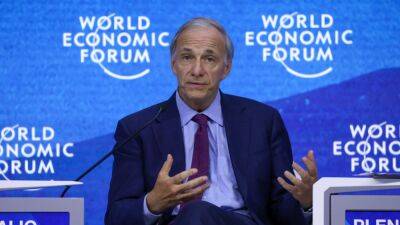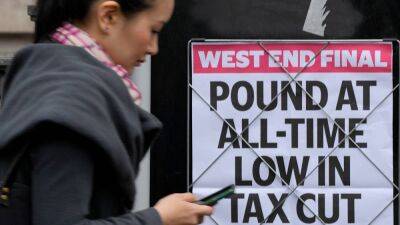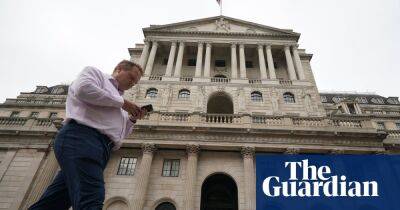Rishi Sunak said it was fairytale economics. That was one thing he got right
Britain is on the cusp of a financial crisis. On Friday, the prime minister, Liz Truss, and the chancellor, Kwasi Kwarteng, comically parading false claims of their toughness, elected for the softest of economic options.
In a “mini-budget” – an obvious misnaming to avoid presenting elementary fiscal arithmetic required by law for a proper budget – they pretended to shrink the state’s financial claims while launching an unprecedented extra £411bn of public borrowing over the next five years as a “plan for growth”. Never in British public life has the gap between rhetoric and reality been so gaping.
If the borrowing had been targeted on lifting public investment and improving Britain’s stressed public services, it would have been much more justifiable, especially to counter a coming recession. Although even then, the sheer scale of, and lack of plan to deal with, such a mountain of new debt would have risked condemnation by the financial markets. As it is, the markets, observing an unwarranted record £45bn of tax cuts disproportionately and grotesquely gifted to the southern rich for no good purpose, were offered a one-way bet which they seized.
The pound plunged by 3% against the dollar in hours — it has devalued 17.5% this year. As worrying and with implications no less profound was the price of 10-year government bonds falling by 5%, to complete a near-record one-week fall of 11%. The public debt markets are terrified by the prospect of never-ending flows of government bonds in an economy with double-digit inflation and a currency undermined by an enormous structural balance-of-payments deficit.
In such circumstances, you had best design any economic stimulus carefully so that it is credible, otherwise the whole exercise
Read more on theguardian.com





















